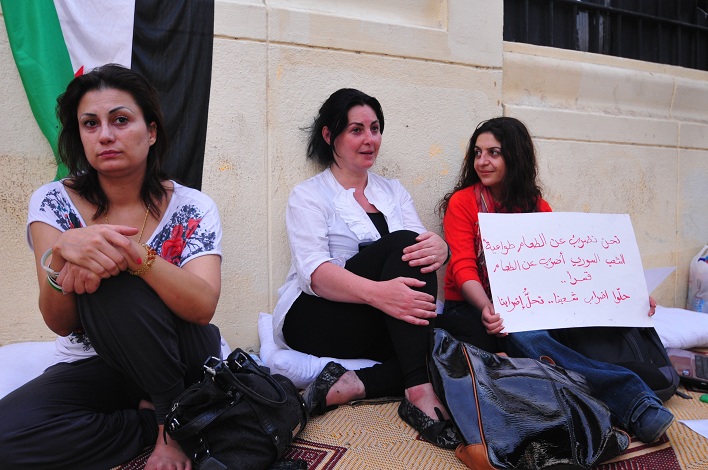PARIS: A referendum in Switzerland forbids the construction of new minarets. Racial violence explodes in the southern Italian region of Calabria. An intense and controversial debate takes place in France on the issue of national identity. These events have little in common, yet they all point to a growing European trend.
More than ever before in recent decades, fear is becoming the dominant force in European politics. And it is not an abstract, undefined fear: it is above all the fear of the non-European “other, perceived by a growing numbers of “white Europeans as a threat to our European identities and ways of life, if not our physical security and jobs.
At the very center of these debates lie the issue of Islam and immigration. The success of Christopher Caldwell’s recent essay “Reflections on the Revolution in Europe is indicative of this growing fear of “Islamization – a fear heightened by the destabilizing impact of economic hard times.
The case of France is interesting, because the country has fared slightly better than most in confronting the downturn, thanks to its well functioning welfare state. But the right is nervous that regional elections scheduled for two months from now could turn into a referendum on its rule. So the launch of a debate on national identity by President Nicolas Sarkozy is anything but accidental.
But his tactic could easily backfire. By playing to the instincts of the extreme right, Sarkozy runs the risk of reinforcing a decaying party, whose electorate he attracted during the last presidential election in 2007, but which may regain its voters in 2010. Why not vote for the “real thing if you can?
But, beyond short-term and potentially counterproductive electoral politics, the debate about national identity is indicative of a state of mind that goes well beyond France. Globalization, and the frustration accompanying it, is leading many to a jittery search for self-worth. And the less convinced people are about their future, the more they tend to focus on their identity in a negative, defensive manner. If you lack confidence in your ability to surmount the challenges of modernization, you might as well retreat into yourself and focus on who you are, rather than on what you want to achieve with others.
In defense of the debate he launched, Sarkozy presents his initiative as a barrier against the threat of “multiculturalism and tribalism. According to him, nothing would be more dangerous than to impose an artificial silence on a question that is boiling under the mask of political correctness.
Many French were troubled by the explosion of joy that followed the victory of the Algerian soccer team over Egypt in its qualification for the 2010 World Cup in South Africa. The streets of many French cities vibrated with “Southern Mediterranean emotions, which stood in stark contrast to the apathy that surrounded the French national team’s game that night.
The contrast between the vibrant pro-Algerian emotion and the more discreet pro-French sentiment was all the more troubling because it recalled another soccer night, when France was playing Algeria in Paris and the French team was booed by a sizable portion of the spectators, whose parents or even grandparents were born in Algeria.
Beyond football patriotism, the issue of the burqa, the full veil that covers the face and body of only a very few Muslim women in France, has also re-emerged as a focus of agitated attention. Should it be banned, as Sarkozy has suggested, or should such private matters that concern so few be beyond the long arm of the law?
By launching a national debate on the issue of identity, Sarkozy risks creating unnecessary boundaries between French citizens – at the wrong time and for the wrong reasons. Is the French State doing its utmost to make all of its citizens feel included in the practice of its three cherished universal values, “liberty, equality, fraternity?
One cannot preach what one does not fully practice. If a sizable number of young French people feel Algerian or Muslim first and foremost, isn’t it proof that something has gone wrong in French integration policies? Before asking “them to clarify the nature of their attachment to France, perhaps we French ought to make certain that we treat them in a fraternal, equal, and free manner. The only answer to the complexity of identity is the absolute clarity of values. Every French citizen has to accept the values of the Republic, democracy, the rule of law, respect for the other.
Identity is not a matter of mere ethnicity or religion. For those who want to join the French and European project, it is a matter of values. Confronted with the challenge of a rising Asia, fear is not the best response for Europeans to indulge. Indeed, they should remember the words of Franklin Roosevelt in his inaugural address at the height of the Great Depression of 1933: “That the only thing we have to fear is fear itself.
Dominique Moisi is a Visiting Professor at Harvard University and the author of The Geopolitics of Emotion. This commentary is published by DAILY NEWS EGYPT in collaboration with Project Syndicate (www.project-syndicate.org).


